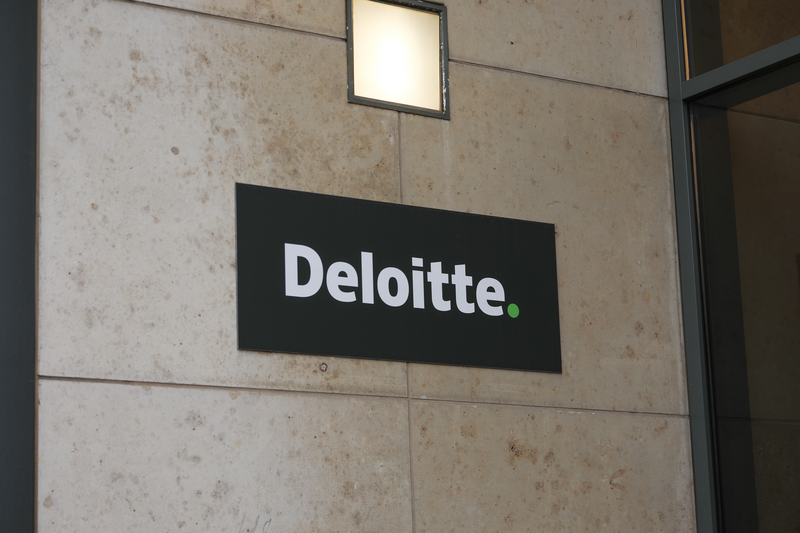The survey revealed significant underlying operational activity as businesses are responding to investor expectation and regulatory activity in this area, including the SEC’s proposals to enhance ESG investment disclosure rules – 95% of those responding to the survey fully expect and are preparing for more disclosure requirements.
The reorganisation of internal resource to address the challenges stemming from increased regulatory scrutiny continues apace with 57% of respondents having established an ESG working group. As the Deloitte report states, this is a “notable increase” from the previous survey, conducted last year, where only 21% of those responding reported having such a group. The number of holdouts is very small (1%), which is also a clear indicator of the fact that new rules are fully expected to be adopted in the near future.
External assurance services
The current global baseline for ESG reporting is the FSB’s Task Force for Climate-related Financial Disclosures (TCFD). According to the report “a majority of respondents acknowledged leveraging multiple standards or frameworks” including the Sustainability Accounting Standards Boards (SASB), Greenhouse Gas (GHG) Protocol, International Integrated Reporting Council (IIRC), and the Global Reporting Initiative (GRI).
This complexity as well as the need to demonstrate progress is translating into strong demand for external assurance services in this area with 97% of respondents either obtaining assurance already or seeking to obtain it. The study found 48% of respondents working in financial services were seeking external assurance for the first time this year, which almost certainly reflects the SEC’s rulemaking underway in this area.
Significant progress is being made in quantifying Scope 2 GHG emissions (these are emissions that an organisation makes indirectly) with 76% of respondents prepared to disclose these. Only very modest progress is being made on disclosing Scope 3 GHG emissions (these are emissions attributed to the whole supply chain ecosystem the company operates in). The relative lack of progress in this area stems from issues with the data, which is either not available or is considered to be unreliable.
The lack of specialist resource and the lack of consistent standards for measuring Scope 3 emissions are both cited as significant challenges. The smorgasbord of different standards and frameworks is likely to continue to slow progress in this area – even if only because, as a result of this complexity, gaining adequate expertise can prove to be extremely challenging.
Firms still see ESG disclosures as, effectively, an exercise in reputation and risk management.
Firms still see ESG disclosures as, effectively, an exercise in reputation and risk management. Only “17% of respondents ranked increased efficiencies, premium pricing of products, and ROI as their top three outcomes.” Firms view their stance on ESG as a critical factor in being able to attract and retain talent with this coming top in the list of aggregate benefits.
Resourcing and technology continue to be two significant areas of investments in connection with ESG, with 81% of firms creating new roles and responsibilities and an even larger 99% anticipating investment in technology in order to respond to heightened scrutiny of their ESG positions.
The survey results are a clear indicator of a mobilisation of resources to respond to ESG disclosure requirements across all industry sectors. At the very least, access to this new information will provide greater insight into many operating models and their impact. The big question is whether an abundance of information will lead to tangible outcomes, particularly given the hugely differing stakeholder views across economies, geographies and political spectra.













